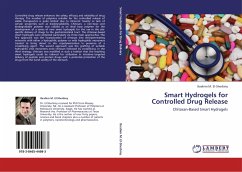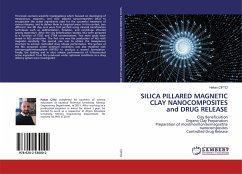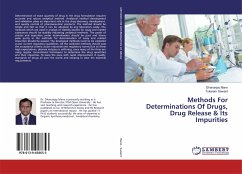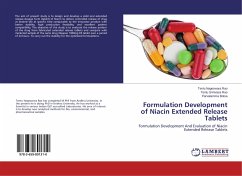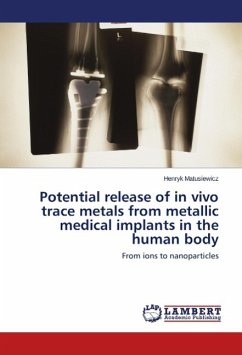Controlled drug release enhances the safety, efficacy and reliability of drug therapy. The number of polymers suitable for the controlled release of viable therapeutics is quite limited due to inherent toxicity or lack of certain properties such as biodegradability. Chitosan, a non-toxic and biodegradable polymer was utilized as an ideal base polymer for the development of a series of new smart hydrogels for the use in the site-specific delivery of drugs to the gastrointestinal tract. The chitosan-based smart hydrogels were obtained particularly via three main approaches. The first approach was the incorporation of chitosan into interpenetrating networks with either a hydrophilic polymer or with hydrophilic monomers treated to bring about in situ copolymerization in presence of a crosslinking agent. The second approach was the grafting of suitable hydrophilic vinyl monomers onto chitosan followed by crosslinking. In the third strategy, chitosan was modified in such a fashion thatthe resulting smart hydrogels could be tailored for utilization in intestine targeted delivery of peptide and protein drugs with a potential protection of the drugs from the harsh acidity of the stomach.

